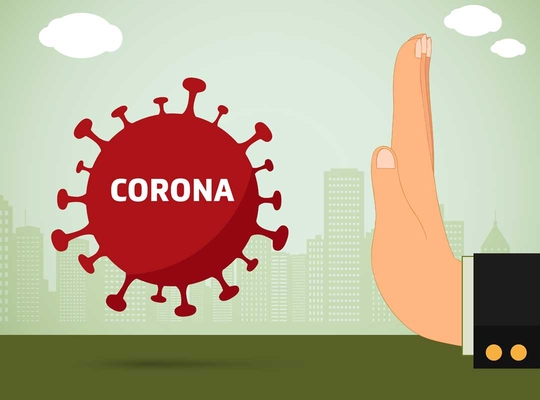You are here
The N-VA puts parliament at the centre of its own proposal for a pandemic law

The N-VA parliamentary group has come forward with its own proposal for a pandemic law. The starting point is that during a “special emergency”, the federal parliament must approve any measure that has an impact on the rights of citizens: “It is unacceptable for the government to restrict fundamental freedoms with a Ministerial Decree.”
Since November, several members of the government have been saying that this law is on its way. The N-VA has been asking for a pandemic law since October: “Three months later, we find that there is still no such law. We are left with a major democratic flaw in this decision-making process through ministerial decisions.” The failure of the purple-green government to pass a pandemic law is due to disagreements within the government.
Parliament legally sidelined
The N-VA made it clear that it will not suffice to put “pandemic law” above a text: “We really fear that parliament will also be legally sidelined. Now it is being done without a base; parliament is not allowed to participate. But that can also be legally tightened. We consider it essential for parliament to participate fully in decision-making throughout the process. As the largest group, we have therefore taken up our responsibility and drafted a bill.”
The starting point is a special emergency
The starting point of the N-VA’s pandemic bill is that during a “special emergency”, the federal parliament must approve any measure that has an impact on the rights of citizens. This “crisis situation” is declared by the Chamber. It could be a health emergency, or it could be a security crisis or an environmental crisis. Parliament must confirm that situation at least every three months, which also automatically activates the federal phase of crisis planning.
The only exception to prior legislative approval is in “an extremely urgent circumstance requiring immediate action.” The Chamber must then validate the government measures within a week. Granting the government delegated powers, an instrument that has already been used, is another option.
Parliamentary debate prior to any measure
The N-VA’s aim of the proposal is to ensure that crisis measures are always preceded by parliamentary debate. “Such a parliamentary debate strengthens support for certain measures and offers a more nuanced response. For example, I can well imagine that the issue of a curfew requires a different response in certain metropolitan situations than in rural areas.”
The procedure proposed by the N-VA requires a flexible parliament that must approve laws with emergency measures in a maximum of seven days. “We believe that the Chamber is capable of this. In addition, it must be possible for bodies such as the Council of State and the Data Protection Authority to deliver their usual advice before a vote.”
Parliament takes control
“Just now, with the most far-reaching restrictions on freedom, parliament is being sidelined. We want to turn that around. The question is: will parliament take control, or will it remain on the sidelines? Our proposal will soon be submitted to the Chamber and is open to amendments,” the N-VA concludes.

